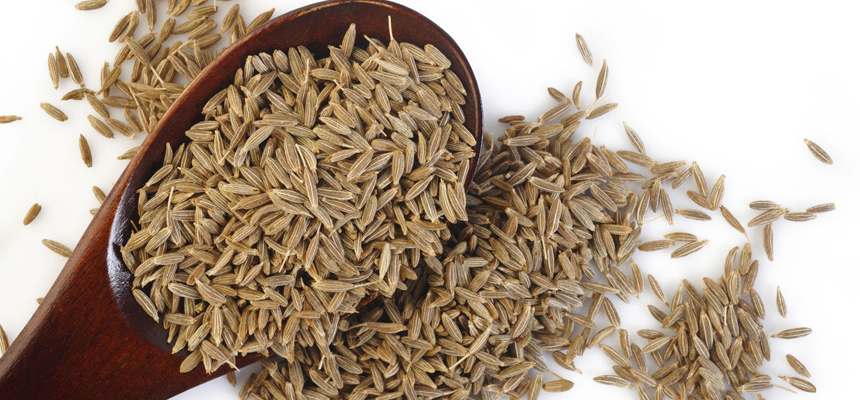Don’t Let A Sunstroke Ruin Your Summer

Temperatures soar in the summer and the heat flows across the earth, making the environment perfect for sunstrokes.
Sunstrokes occur because of prolonged exposure to higher temperatures. Your body heats up and temperatures surpass your ordinary body temperature of 37°C. On the off chance that your body temperature goes beyond 40°C, it can even harm your vital organs.
Here Are A Few Symptoms That You Need To Know
Heat stroke is characterized by elevated body temperatures, red, hot skin, delusions, convulsion or coma. Other symptoms include:
![]() Fatigue
Fatigue
![]() Dizziness
Dizziness
![]() Rapid breathing
Rapid breathing
![]() Throbbing headache
Throbbing headache
![]() Increased heart rate
Increased heart rate
![]() Excessive sweating
Excessive sweating
![]() Flushed skin or redness
Flushed skin or redness
![]() Heat stroke can cause serious repercussions possibly even death.
Heat stroke can cause serious repercussions possibly even death.
Treatment Protocols For Sunstroke
Avoid medications - Don’t give any medication when someone has sunstroke as this may aggravate the symptoms and could increase bleeding with blistered sunburns.
Cool your body - Apply ice packs to the neck, back, armpit and groin. These areas amp up the circulation and provide cooling by reducing body temperature.
Fluids and drinks - Consume sports energy drinks such as Gatorade to counteract both dehydration and loss of salts. See that you feel comfortable and are able to swallow.
Call emergency services - It’s better to be safe than sorry. Call a primary care physician when you find the following symptoms:
![]() Loss of consciousness
Loss of consciousness
![]() Signs of shock
Signs of shock
![]() A body temperature over 102F
A body temperature over 102F
![]() Rapid breathing
Rapid breathing
![]() Start CPR if they collapse or go into cardiac arrest
Start CPR if they collapse or go into cardiac arrest
When you come across someone who you suspect is suffering from heatstroke, first check if the or she has significant CNS involvement (ataxia, confusion and irritability).
If so, it’s probably a case of heatstroke. The immediate management for this includes:
![]() Addressal of airway, breathing and circulation (ABCs)
Addressal of airway, breathing and circulation (ABCs)
![]() Call Emergency Medical Services
Call Emergency Medical Services
![]() Remove patient from the heat
Remove patient from the heat
![]() Begin the process of cooling
Begin the process of cooling
However, if the patient does exhibit CNS-related symptoms, then it’s probably a case of heat exhaustion. The immediate management for this is:
![]() Hydration
Hydration
![]() Remove from the source of heat
Remove from the source of heat
![]() Monitor for resolution
Monitor for resolution

 Disclaimer: Welthi.com does not guarantee any specific results as a result of the procedures mentioned here, and the results may vary from person to person.
Disclaimer: Welthi.com does not guarantee any specific results as a result of the procedures mentioned here, and the results may vary from person to person.









